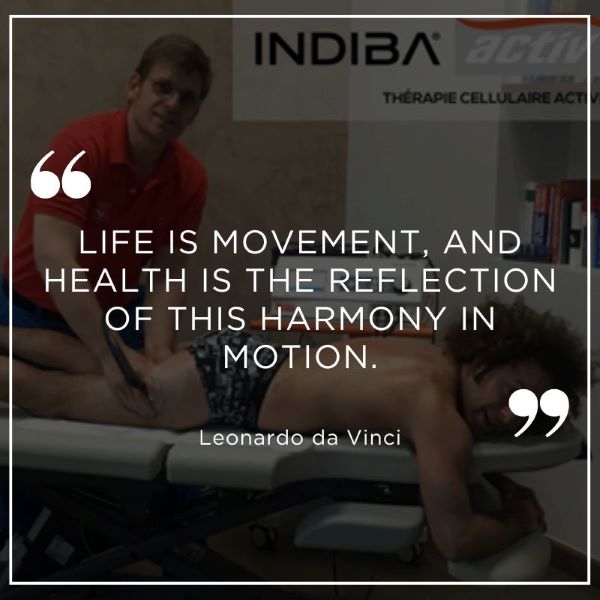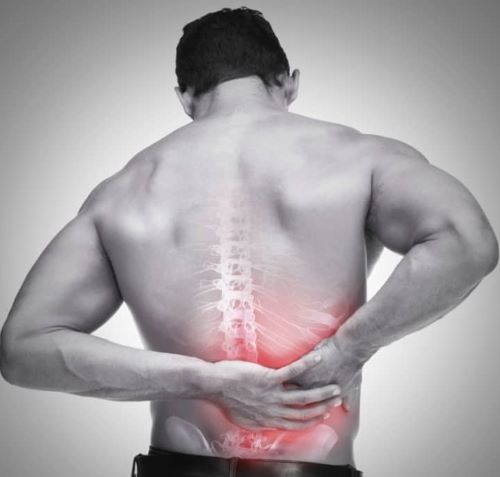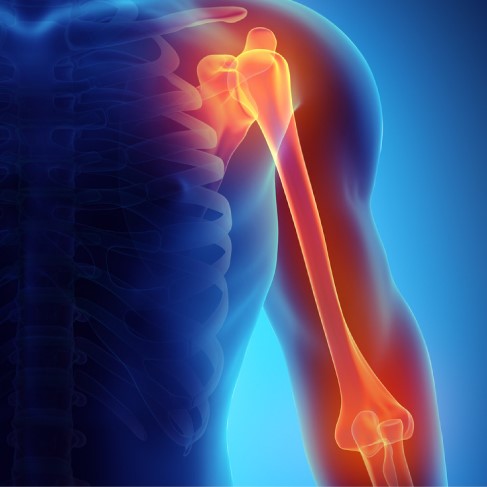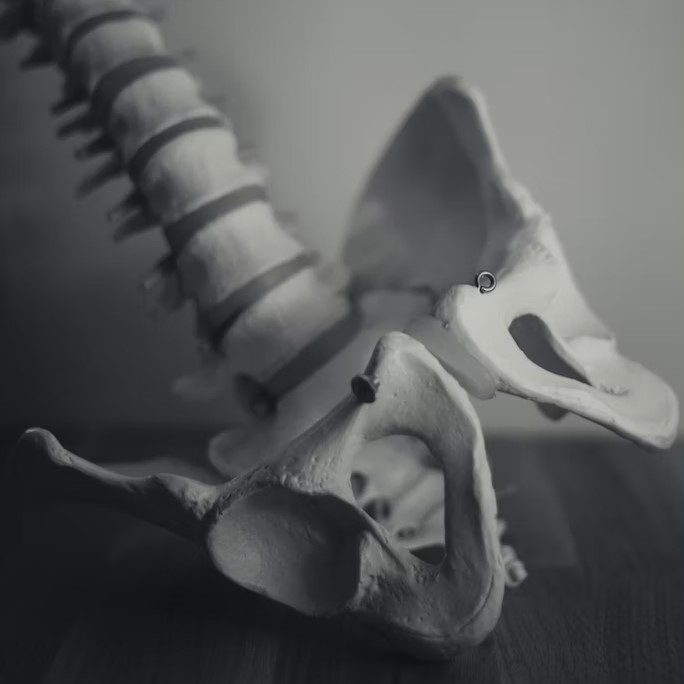
Human Physio Center treats patients with spinal pathologies, which are conditions affecting the spine. Here are some common spinal pathologies:
- It's a condition in which the intervertebral disc, which acts as a cushion between the vertebrae, shifts from its normal position and can compress surrounding nerves, leading to pain and functional impairment.
- This is a condition where one vertebra slips forward or backward relative to the adjacent vertebra, often causing spinal instability and symptoms like lower back pain and stiffness.
- Spinal stenosis occurs when the space within the spinal canal narrows, putting pressure on the spinal cord and nerves, resulting in symptoms such as pain, numbness, or weakness.
- Scoliosis is an abnormal lateral curvature of the spine. It can be congenital, idiopathic (of unknown origin), or caused by muscular or neurological malformation.
- This is persistent pain in the lower back, often caused by various factors such as muscle tension, joint issues, degenerative intervertebral discs, or postural problems.

Offers personalized approaches for the treatment and management of spinal pathologies. This may include manual therapy techniques, specific strengthening and stretching exercises, physical modalities, as well as posture and injury prevention advice. The goal is to improve function, relieve pain, and optimize the quality of life for patients with spinal pathologies.
Learn more
The approach at the Human Physio Center is personalized, based on the individual needs of the patient, and emphasizes a holistic approach that integrates the physical, emotional, and functional dimensions of musculoskeletal disorders and chronic pathologies.
Learn moreThe Human Physio Center offers specialized care for patients with musculoskeletal disorders (MSDs) and chronic pathologies. Here are some common chronic pathologies:
- We are equipped to assess and treat conditions such as carpal tunnel syndrome, tennis elbow, wrist or shoulder tendinopathy, and other conditions affecting the arms, elbows, and hands.
- Our team is competent in managing pathologies like knee osteoarthritis, ankle sprains, plantar fasciitis, anterior cruciate ligament (ACL) injuries, foot and ankle pain, and more.
- Our team of physiotherapists has extensive experience in postoperative orthopedic rehabilitation, such as spine surgery, joint replacements, ligament repairs, and arthroscopic procedures.
- The Human Physio Center also supports patients with chronic pathologies like arthritis, fibromyalgia, rheumatoid arthritis, multiple sclerosis, cancer, long COVID, and other autoimmune or inflammatory chronic diseases.
In the face of women's health issues, the Human Physio Center offers integrative physiotherapy: the management of women's specific pathologies focuses on a comprehensive understanding of the condition and the use of a holistic approach to alleviate symptoms, improve function, and promote overall well-being. Here are some examples of women's health pathologies and how they can be addressed through integrative physiotherapy:
- For women with endometriosis, integrative physiotherapy may include manual therapy techniques to relieve pelvic pain, therapeutic exercises to improve mobility and muscle strength, as well as stress management approaches to alleviate stress-related to the condition. Patient education is also emphasized to help better understand the disease and manage pain.
- Integrative physiotherapy can assist in managing PCOS symptoms by combining specific exercises to improve hormonal balance, weight management, and cardiovascular health. Relaxation and stress management approaches can also be used to regulate hormonal imbalances and alleviate stress-related symptoms.
- For women with uterine fibroids, integrative physiotherapy may include manual therapy techniques to relieve pelvic pain, therapeutic exercises to strengthen pelvic floor muscles and improve posture, as well as advice on relaxation techniques to reduce muscle tension.
- Integrative physiotherapy can play a key role in managing urinary incontinence in women. This may include pelvic floor muscle strengthening exercises, biofeedback techniques to enhance muscle awareness and control, and advice on behavior and lifestyle modifications to reduce incontinence episodes.
- For women with genital prolapse, integrative physiotherapy may include specific exercises to strengthen pelvic floor muscles and improve pelvic stability. Manual therapy techniques can also be used to help position pelvic organs and relieve associated symptoms.

It's important to emphasize that integrative physiotherapy for women's health pathologies is tailored to the individual needs of each patient. Comprehensive assessment and collaboration with other healthcare professionals, such as gynecologists, complementary medicine specialists, psychologists, can contribute to a comprehensive and effective approach to managing these specific women's conditions.
Learn more
At the Human Physio Center, each patient is treated on an individualized basis, taking into account their needs, goals, and specific condition. The team collaborates with other healthcare professionals if necessary to provide comprehensive and coordinated care for chronic pain.
Learn moreAt the Human Physio Center, the management of chronic pain is approached in a holistic and comprehensive manner. The center adopts an integrative approach that considers the physical, psychological, and emotional aspects of pain. Here are some key elements of chronic pain management at the Human Physio Center:
- A thorough assessment is conducted to understand the characteristics of chronic pain, contributing factors, functional limitations, and impacts on quality of life. This assessment helps develop a personalized treatment plan.
- The Human Physio Center uses a combination of therapeutic techniques and interventions to address chronic pain holistically. This may include manual therapy, therapeutic exercises, relaxation approaches, physical modalities (heat, ice, electrotherapy), and other complementary approaches.
- Stress management is integrated into the management of chronic pain. Relaxation techniques such as deep breathing, meditation, progressive muscle relaxation, and visualization can be taught to reduce stress, muscle tension, and promote a state of calm.
- Specific exercises are prescribed to improve strength, mobility, stability, and function. These exercises are tailored to the individual needs and capabilities of the patient and can be gradually adjusted as progress is made.
- Patients are educated about the nature of chronic pain, its mechanisms, factors influencing it, and self-management strategies. Guidance is provided on suitable physical activities, lifestyle modifications, relaxation techniques, cognitive strategies, and stress management techniques.
- The Human Physio Center provides regular follow-up to assess the patient's progress, make necessary treatment plan adjustments, and offer continuous support. The goal is to optimize the management of chronic pain and improve the overall quality of life for the patient.